When it comes to real estate investments in Ghana, financing plays a crucial role in unlocking opportunities and achieving your investment goals. Here are some key financing options to consider:
1. Traditional Bank Loans
Traditional bank loans are a popular financing option for real estate investments. Banks in Ghana offer various loan products specifically designed for property acquisition and development. These loans typically come with competitive interest rates and flexible repayment terms.
To secure a bank loan, you will need to meet certain criteria, such as having a good credit history, providing collateral, and demonstrating the ability to repay the loan. Banks may finance a portion of the property’s value, so be prepared to contribute a down payment.
It’s advisable to approach multiple banks, compare loan terms, and select the option that best suits your needs. Work closely with a loan officer to understand the requirements and navigate the loan application process smoothly.
2. Mortgage Financing
Mortgage financing is another common option for residential real estate investments. Mortgage lenders provide long-term loans specifically tailored for purchasing homes or residential properties. The loan amount, interest rate, and repayment terms vary based on factors such as your income, creditworthiness, and the value of the property.
To qualify for a mortgage, you typically need to provide proof of income, have a good credit score, and make a down payment. It’s important to shop around and compare mortgage offers from different lenders to secure the most favorable terms.
3. Real Estate Investment Clubs
Real estate investment clubs are groups of like-minded individuals who pool their resources to invest in real estate projects. These clubs offer opportunities to access funds through collective investments. By joining an investment club, you can leverage the knowledge and experience of other members while spreading the financial risk.
Investment clubs may have specific membership requirements and participation fees. It’s crucial to thoroughly research and evaluate the club’s track record, investment strategy, and alignment with your investment goals before joining.
4. Private Lenders and Partnerships
Private lenders and partnerships offer alternative financing options for real estate investments. These individuals or organizations provide funds in exchange for interest payments or a share of the investment returns. Private lenders may be more flexible in their lending criteria compared to traditional banks, but the interest rates may be higher.
When considering private lenders or partnerships, conduct due diligence, and assess the terms and conditions. Consult with legal and financial professionals to ensure the agreement is fair and beneficial for all parties involved.
5. Government Programs and Initiatives
In Ghana, the government offers various programs and initiatives to support real estate development and investment. These programs aim to provide affordable housing, promote urbanization, and stimulate economic growth. Explore government-backed financing options and incentives to determine if you qualify for any benefits.
Research government initiatives such as mortgage guarantee schemes, low-cost housing programs, and tax incentives. Stay updated on new policies and programs that may impact real estate financing and investment opportunities.
Before selecting a financing option, thoroughly evaluate your investment goals, financial capabilities, and risk tolerance. It’s advisable to consult with financial advisors and real estate professionals who can provide personalized guidance based on your specific circumstances.
Remember, making informed financing decisions is crucial for successful real estate investments in Ghana. With the right financing option, you can unlock opportunities, expand your portfolio, and achieve your investment objectives.





